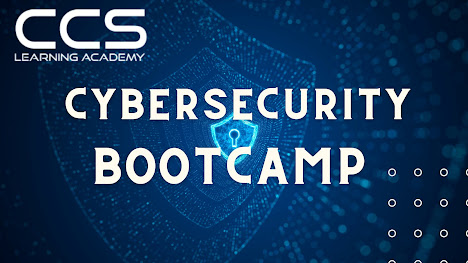The Complete Guide to ITIL 4 and the Benefits of Implementing it
What is ITIL 4?
The latest version of the information technology infrastructure library, ITIL 4 was released in 2019. With a more agile, customizable, and flexible approach, ITIL 4 offers a systematic method to ITSM with stable IT environments, reduced expenses, better awareness of risk, and enhanced customer support.
The methodologies shift the focus to automated processes, the integration and expansion of service management beyond IT, and the improvement of collaboration and communication across the entire organization.
In turn, this assists organizations in creating a stable IT environment and service operations that improve customer support, limit threats and reduce costs.
What are the biggest updates in ITIL 4?
There have been some big changes in ITIL 4 IT Certification Training.
The latest version of ITIL integrates with other ITSM methods and standards, like Lean, DevOps, and Agile.
Customers are seen as a vital part of the organization's value.
The service value system (SVS) is all about different parts of an organization working together to create value. In the SVS equation, demand and opportunity are considered the most important inputs, while the most important output is IT-powered products and services that deliver value. Guiding principles, SVC, continual improvement, practices, and governance lie in between these two points.
SVS recognizes that different elements that make up the SVS system can be combined in different ways depending on the individual situation or changing business needs.
ITIL 4 encourages thorough communication to eliminate silos and separated thinking. SVS provides as much value as possible when ITIL practitioners apply it across an entire organization.
How ITSM incorporates ITIL
ITIL is a best-practice framework for ITSM? ITIL stands for Information Technology Infrastructure Library, and it helps organizations manage information systems and deliver value to customers. By clearly defining IT-related roles and responsibilities of employees, teams, departments, and processes, ITIL ensures success.
Most businesses rely on ITIL within ITSM to optimize change management, problem management, and incident management. However, an increasing number of organizations are expanding ITIL practices to implement improved self-service and service-catalog solutions.
Conclusion
ITIL is an integrated, process-based framework that allows IT organizations to track, manage, and deliver technical services within a company. By effectively managing ITIL processes, organizations can improve productivity and employee satisfaction.
Now enrolling for the CCS Learning Academy ITIL® 4 Foundation Certification Training! Get earlier in the competition and have a look at the abilities you need to be a cybersecurity analyst today. Enroll now and attain a 10% discount.

.png)

.png)
Comments
Post a Comment